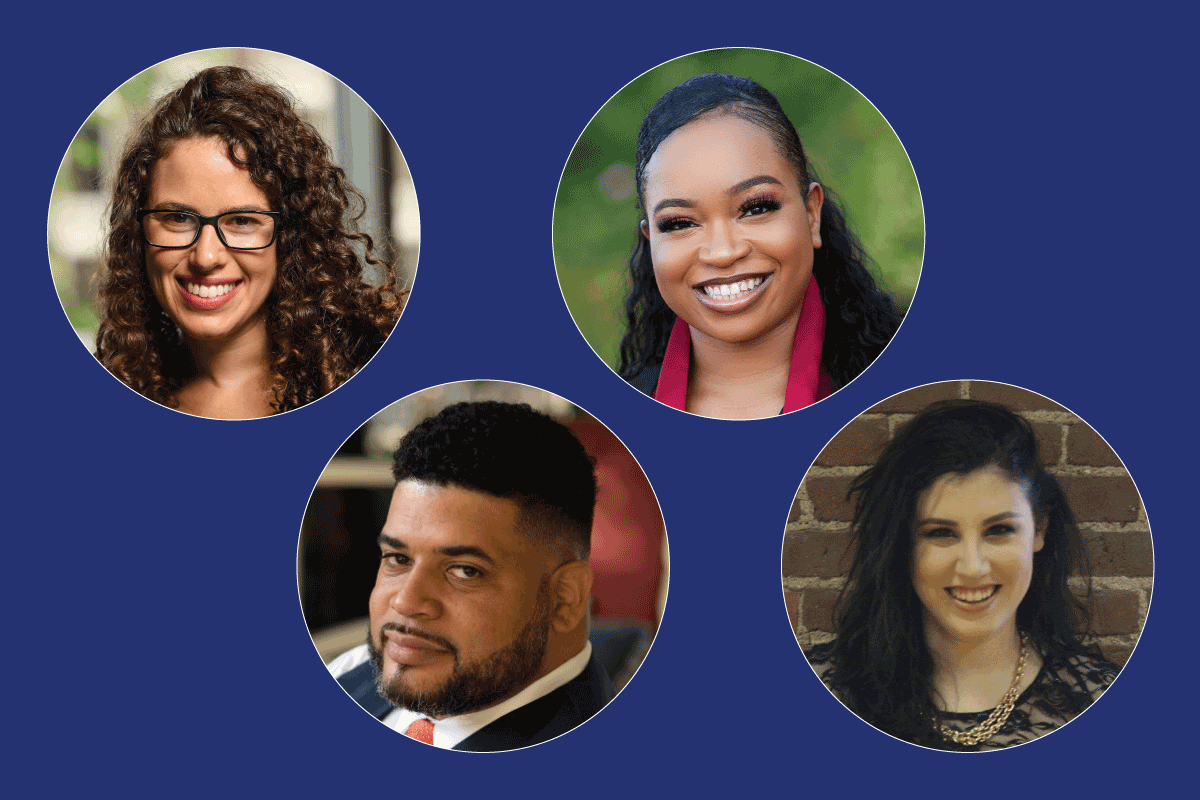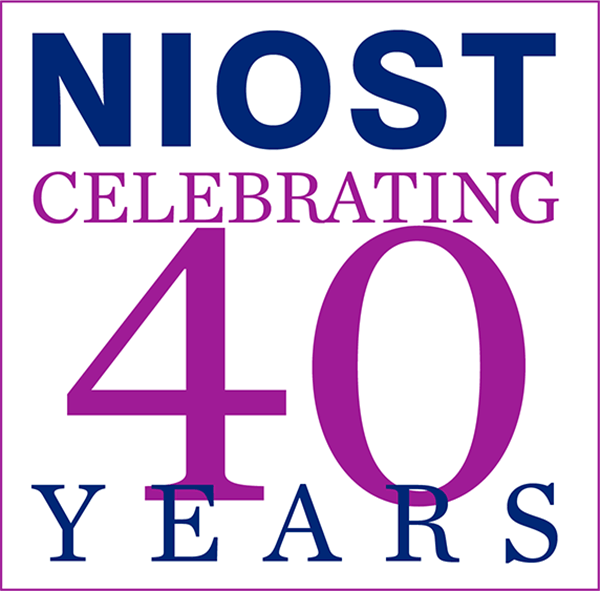Webinar Recap: OST Practitioners Can Help Youth Resist Fascism
February 12, 2021

On Thursday, January 28, the National Institute on Out-of-School Time and Suffolk University’s Youth Equity & Sexuality Lab hosted a virtual workshop titled, “No Neutrality in the Face of Hate: How YOU Can Help Youth Resist Fascism.” The workshop featured four experts from diverse scholarly and educational backgrounds and discussed the ways in which youth development practitioners can utilize their knowledge and skills to help youth resist fascism. Speakers presented strategies from their paper in the Journal of Youth Development titled “Youth Practitioners Can Counter Fascism: What We Know and What We Need.”
Presenter Mimi Arbeit, Ph.D., an assistant professor of psychology at Suffolk University and principal investigator of the Youth, Equity & Sexuality Lab, discussed the unique position youth development practitioners have in combating the highly manipulative mythologies of fascism. “While this manipulation feeds on young people's developmental vulnerabilities, we believe that with the right support, more and more young people can resist fascist recruitment and contribute to community building and social justice,” she said.
“Youth generally look for places to fit in and find a sense of belonging,” said Alexandria C. Onuoha, a first-year applied developmental psychology doctoral student at Suffolk University in the Youth Equity & Sexuality Lab. Her primary research focuses on the messages of far-right groups and their impact on the development of Black women college students on campus and online. Onuoha discussed the idea of counter-recruiting youth into movements for social justice, for example, by teaching histories of resistance to fascism and introducing youth to antifascist activists in their communities.
Sarah L. F. Burnham, a second-year applied developmental psychology doctoral student at Suffolk University, discussed immunizing youth against the manipulative fascist messages they may be exposed to, and helping youth identify and debunk fascist lies. Teaching media literacy skills, workshopping responses to far-right and fascist talking points around major events or current issues, and asking youth about what they are seeing and hearing are all critical steps that youth development practitioners can take.
“Everybody deserves a more positive, caring approach, and we need to step away from punitive responses to problematic behavior,” added Duane de Four, an educator with more than 25 years of experience developing intersectional curricula, strategic initiatives, and policies, who spoke about the importance of restorative justice for youth who show warning signs of fascist recruitment. “We have to, as people who work with youth, accept that this is happening and not be surprised by this, because then you can’t intervene if you’re caught off guard,” he explained.
“Even though we know fascism is inherently manipulative, we also know young people have incredible agency -- to recognize and reject fascist propaganda, to intervene when they or their friends encounter fascist messages, and to organize collectively against fascism and for social justice. We do this work because we believe in young people,” said Dr. Arbeit about the importance of sharing her team’s research with youth development and out-of-school time professionals.
To read the presenters’ published article (free to download), visit the Journal of Youth Development. Please send questions about this program to



